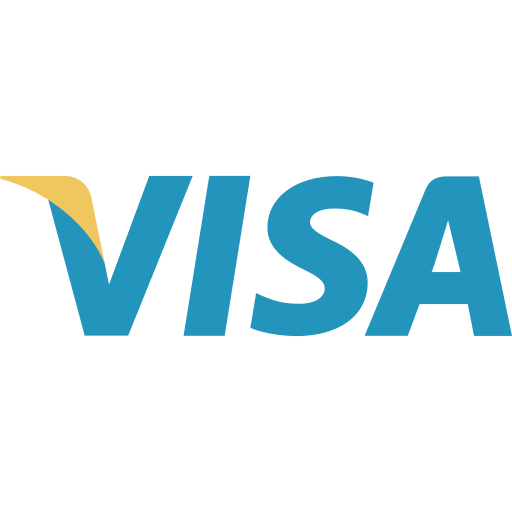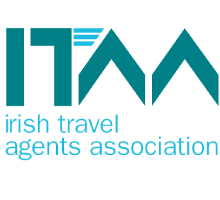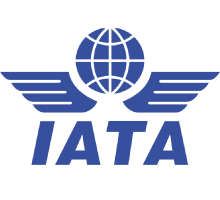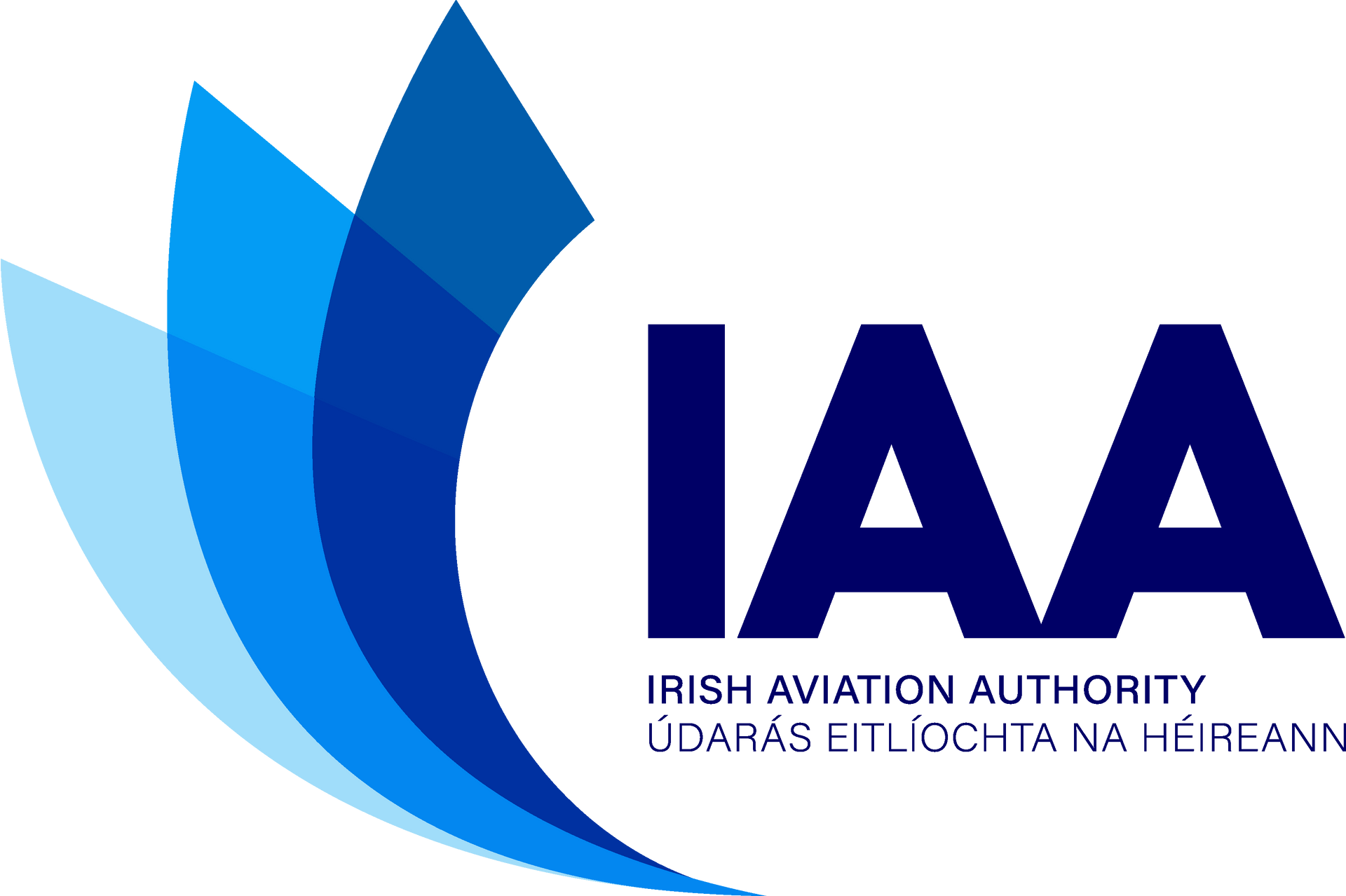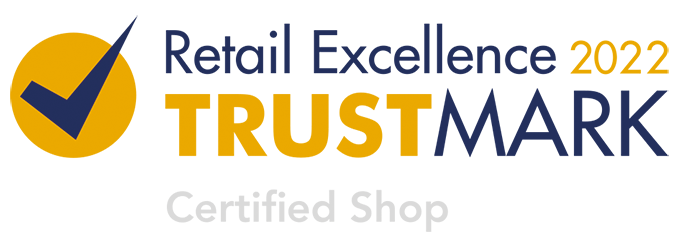The Vital Role of Travel Insurance and European Health Cards for Travelers in Europe.
The Importance Of Travel Insurance & Ehic's
Traveling through Europe offers a range of experiences, from exploring iconic landmarks to immersing oneself in diverse cultures. However, amidst the excitement of planning a trip, it's crucial to consider practical matters, such as safeguarding your health while abroad.
Consider, for instance, a scenario where you have planned a holiday to Rome, while on your holiday, an unforeseen health complication occurs. Whether presenting as a minor incident or major medical emergency, the possession of an EHIC and/or travel insurance undoubtedly makes things less challenging.
In light of these considerations, the significance of health insurance and European Health Insurance Cards (EHICs) cannot be overstated.
This blog aims to highlight the role of these essential safeguards for travelers venturing across Europe. From outlining the fundamental principles of health insurance to highlighting the advantages of EHICs, our aim is to empower you with the knowledge for ensuring a seamless and secure travel experience.
Understanding European health insurance cards
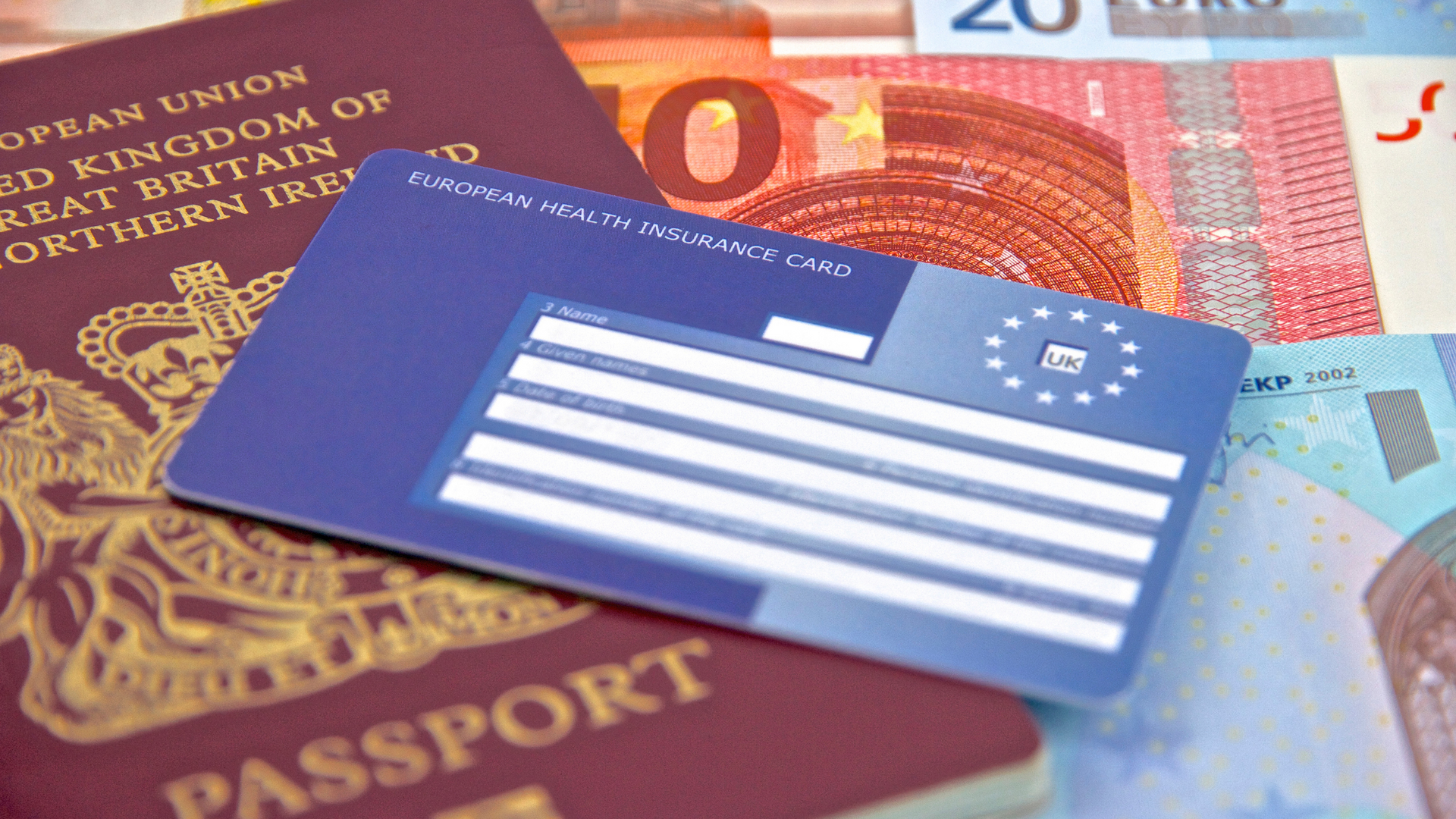
According to Citizens information "The European Health Insurance Card (EHIC) allows you to access public healthcare in another EU/EEA state for free or at a reduced rate. You can use it when you are travelling abroad or when you are staying temporarily in another EU State".
EHICs are available to residents of the EEA and Switzerland, typically issued by national health authorities. This includes citizens of EU member states as well as Iceland, Liechtenstein, Norway, and Switzerland. The card is valid for individuals of all ages, including children, and is usually valid for a set period, often around five years, depending on the issuing country.
Benefits of EHIC's for Travelers:
- Access to Healthcare: EHIC holders can access necessary healthcare services during their travels, including doctor's appointments, hospital treatment, and emergency medical care.
- Cost Savings: In many cases, EHIC holders are entitled to receive treatment at the same cost as residents of the country they're visiting. This can result in significant savings, particularly in countries where healthcare costs are high.
- Peace of Mind: Knowing that you have access to essential healthcare services in case of illness or injury can provide peace of mind while traveling, allowing you to focus on enjoying your trip.
How to Apply for an EHIC:
According to the HSE website you can apply for a EHIC if you live in Ireland in multiple different ways:
- In person - visit your local public EHIC office
- Online - if you have a medical card or Drugs Payment Scheme card
- By post - if you live in Dublin North West, Cork North & South Lee or Kilcock
Should you wish to obtain an EHIC without charge, click on the following link.
https://www2.hse.ie/services/schemes-allowances/ehic/
Ensure your safety and security with Travel iNSURANCE
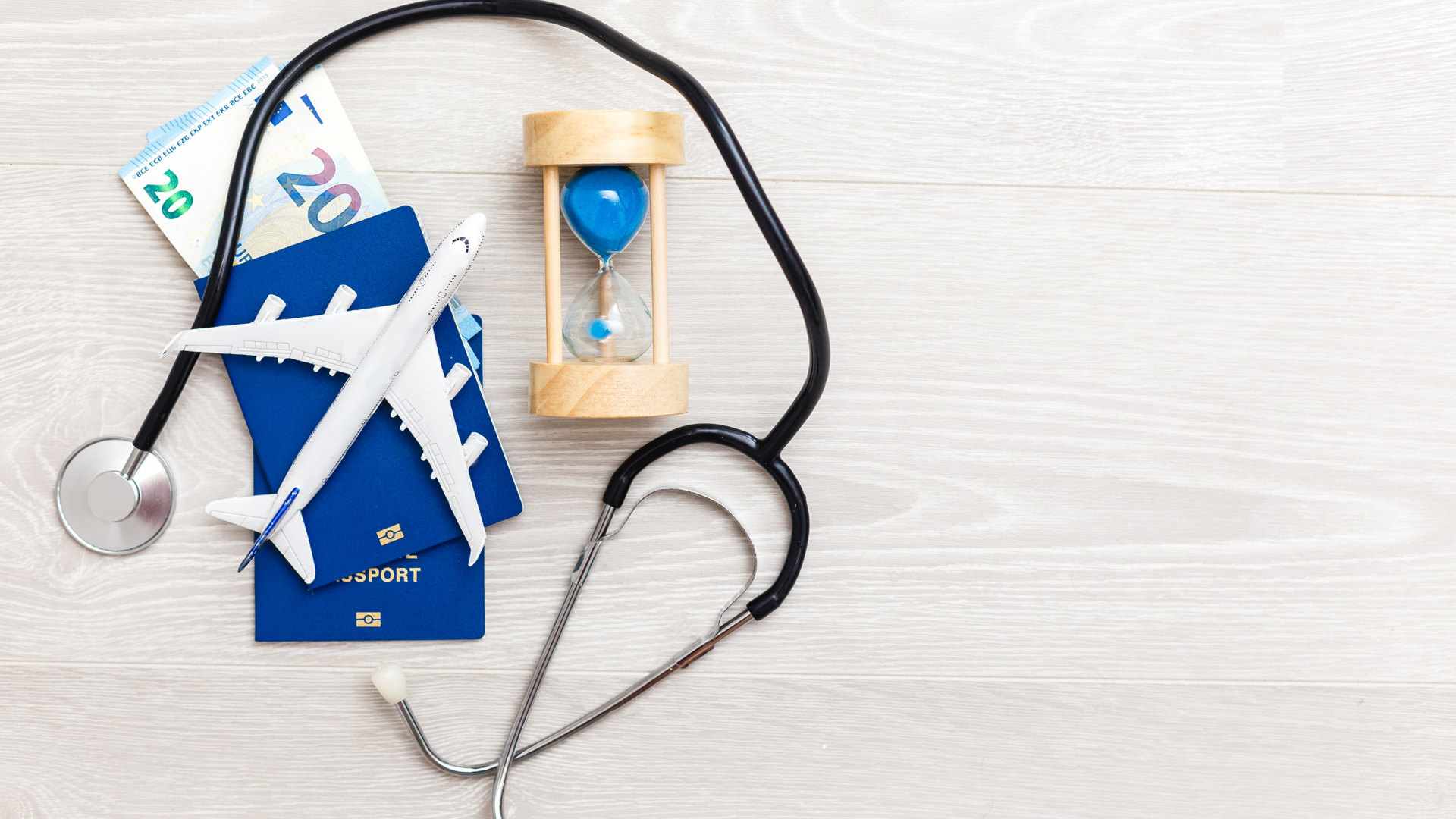
While EHICs offer valuable coverage, it's important to note that they have limitations. EHICs typically do not cover non-medical expenses, such as emergency repatriation, trip cancellation, or lost baggage. Additionally, EHIC coverage varies between countries, and not all services may be available for free. As such, EHICs are best viewed as a complement to travel insurance rather than a replacement
Why Should you get travel insurance
In circumstances where travelers find themselves in a foreign country with unfamiliar laws and customs, travel insurance functions as an extensive safety precaution. It provides coverage for a broad spectrum of potential risks and uncertainties that individuals may encounter throughout their journeys.
One of the primary functions of travel insurance is to provide coverage for medical expenses incurred during a trip. This includes hospitalizations, surgeries, doctor visits, and prescription medications. Travel insurance ensures that travelers receive necessary medical attention without bearing the burden of extensive healthcare costs, especially in countries with high medical expenses.
Travel insurance also provides financial protection in the event of trip cancellations or interruptions due to unforeseen circumstances, such as illness, natural disasters, or travel advisories. In such cases, travelers may be reimbursed for non-refundable expenses such as airline tickets, hotel reservations, and tour bookings, mitigating financial losses.
Travel insurance typically covers losses or damages to baggage and personal belongings during transit. This includes reimbursement for lost luggage, theft of valuables, or damage to electronic devices. Having insurance coverage provides peace of mind knowing that belongings are protected against unforeseen events.
Travel insurance may also include liability coverage, which protects travelers against legal expenses and damages in the event of accidental injury to third parties or damage to their property. This can be particularly important in situations where travelers are held liable for incidents occurring during their trip.
Tips for Picking the right Travel Insurance For You
- Assess Your Needs: Consider your specific travel plans, including destination, duration of the trip, activities planned, and any pre-existing medical conditions. Determine what type of coverage you'll need based on these factors.
- Compare Policies: Research and compare multiple travel insurance policies from different providers to find one that best fits your needs. Pay attention to coverage limits, deductibles, exclusions, and additional benefits offered.
- Check Coverage Limits: Ensure that the policy provides adequate coverage limits for medical expenses, emergency medical evacuation, trip cancellation/interruption, baggage loss/delay, and other potential risks. Consider the maximum coverage available and whether it aligns with your anticipated expenses.
- Review Exclusions: Carefully review the policy's exclusions to understand what is not covered. Pay attention to specific exclusions related to pre-existing medical conditions, hazardous activities, and destinations with travel advisories.
- Consider Additional Coverage: Depending on your travel plans, you may need additional coverage for activities such as adventure sports, extreme activities, or high-value items like electronics or jewelry. Check if these options are available as add-ons to the policy.
In conclusion, the importance of travel insurance and the European Health Insurance Card (EHIC) cannot be overstated. These invaluable assets offer peace of mind and protection for travelers, ensuring access to essential healthcare services and financial coverage in the event of unforeseen circumstances.
- You can read more about the EHIC here: https://www.citizensinformation.ie/en/travel-and-recreation/travel-abroad/european-health-insurance-card/
- You can read more about
travel insurance in Ireland here: https://www.ireland.ie/en/dfa/overseas-travel/know-before-you-go/travel-insurance-and-health/











